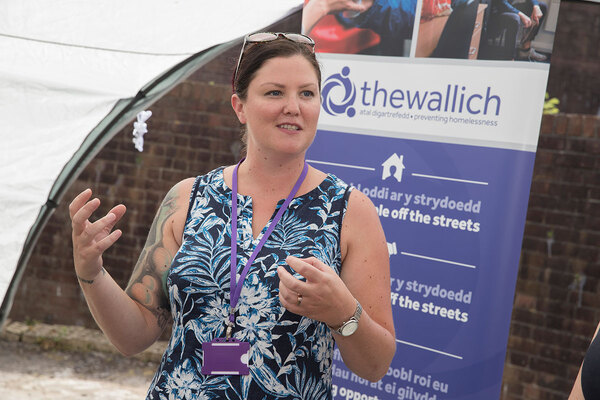You are viewing 1 of your 1 free articles
Increase in Londoners facing bailiffs for council tax arrears
The number of low-income Londoners referred to bailiffs for council tax debt rose to nearly 20,000 last year, with people facing millions in court costs.
Analysis published today by charities Z2K and Child Poverty Action Group (CPAG) found that the number of council tax support claimants referred to bailiffs for arrears grew from 12,692 in 2014/15 to 19,000 in 2015/16.
The report, Still Too Poor to Pay, revealed while fewer people in London claimed council tax support last year, the number of households in arrears increased from 123,000 to 131,572 between March 2015 and 2016.
In 2013, the government abolished the nationwide council tax benefit scheme, which gave support to people on low incomes. In its place, it told councils to set up their own local schemes, however with cuts to grant funding, the amount of support that people get varies across the country.
According to the report, since 2013, 318,000 households have received a court summons because they have not paid their council tax and 250,000 of these have been charged more than £27m in court costs.
While council tax benefit covered people’s bills in full, the new local schemes are free to require a minimum payment from claimants.
The research found wide-ranging minimum payments, between 5% and 30% of a household’s council tax bill. In the London Borough of Barnet, the number of court summonses soared by 220% to 4,386, following the council’s decision to increase the minimum payment from 8.5% to 20% in 2015/16.
A total of eight councils in London raised minimum charges for 2016/17, up from seven in 2015/16.
Alison Garnham, chief executive of CPAG, said the findings showed “the poorest families can’t cope”.
Joanna Kennedy, chief executive of Z2K, said councils were “squeezing their poorest residents ever harder for council tax charges they just can’t afford”.
A Department for Communities and Local Government spokesperson said: “We expect councils to be sympathetic to those in genuine hardship, while taking appropriate action to recoup debts.”







